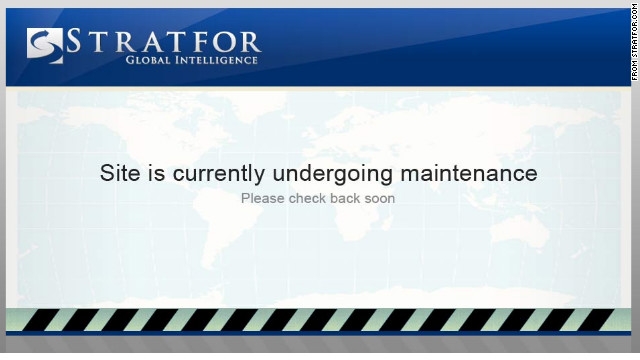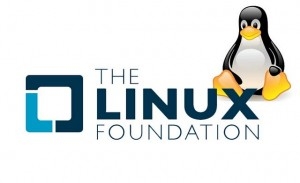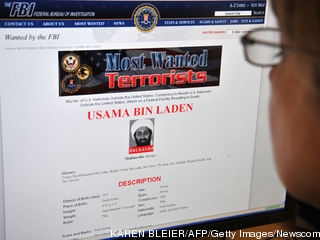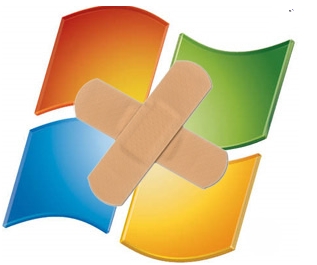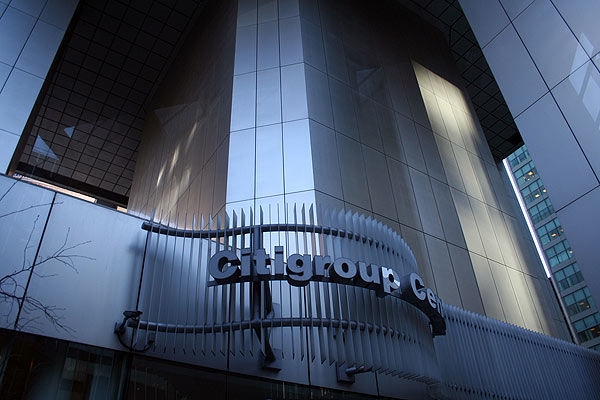Hackers targeted Stratfor, a global intelligence company, but it was unclear Sunday evening whether the breach and apparent release of credit card information was the work of the group Anonymous.
Some Linux Foundation crack attack details emerge
Summary: The Linux Foundation and its sites are still down after a hack attack.
A well-maintained secure operating system, like Linux, can be safe. But, that doesn’t mean that a Website built on top of it is necessarily safe. The Linux Foundation has found out the hard way. The Linux Foundation’s main site, and related sites such as Linux.com are still down after a break-in was discovered on September 8th.
FBI Warns Of Malware In Fake Photos Of Dead Osama bin Laden
The FBI warned yesterday that hackers were using the lure of fake photos and video of a dead Osama bin Laden to spread malware to unsuspecting Internet users.
As the Obama administration weighed releasing photos of the dead bin Laden, the FBI said that fake versions of the photos were being used to spread malicious software which "can embed itself in computers and spread to users' contact lists, thereby infecting the systems of associates, friends, and family members." The viruses, the FBI warned, can be programmed to steal personally identifiable information.
HP kills TouchPad, looks to exit PC business
Hewlett-Packard is taking a hatchet to its business and doing some radical restructuring. The company said Thursday that it is looking to spin off its industry-leading but struggling personal computer business. HP also killed off the TouchPad tablet it launched last month, as well as its webOS smartphone line.
Microsoft fixes security flaws, warns of additional threat
Microsoft rolled out three security patches Tuesday to fix flaws in Windows, its PC operating system, and Office, its software suite.
The most serious vulnerability — labeled "critical" by Microsoft’s TechNet blog — left all versions of Microsoft Windows open to remote exploitation via specially crafted corrupt media files. (Msnbc.com is a joint venture of Microsoft and NBC Universal.)
Thieves found Citigroup site an easy entry
Think of it as a mansion with a high-tech security system — but the front door wasn’t locked tight.
Using the Citigroup customer Web site as a gateway to bypass traditional safeguards and impersonate actual credit card holders, a team of sophisticated thieves cracked into the bank’s vast reservoir of personal financial data, until they were detected in a routine check in early May .
That allowed them to capture the names, account numbers, e-mail addresses and transaction histories of more than 200,000 Citi customers, security experts said, revealing for the first time details of one of the most brazen bank hacking attacks in recent years.
The case illustrates the threat posed by the rising demand for private financial information from the world of foreign hackers. In the Citi breach, the data thieves were able to penetrate the bank’s defenses by first logging on to the site reserved for its credit card customers.
Android hit by rogue app malware
More than 50 applications available via the official Android Marketplace have been found to contain malware.
Analysis suggests that the booby-trapped apps may have been downloaded up to 200,000 times.


